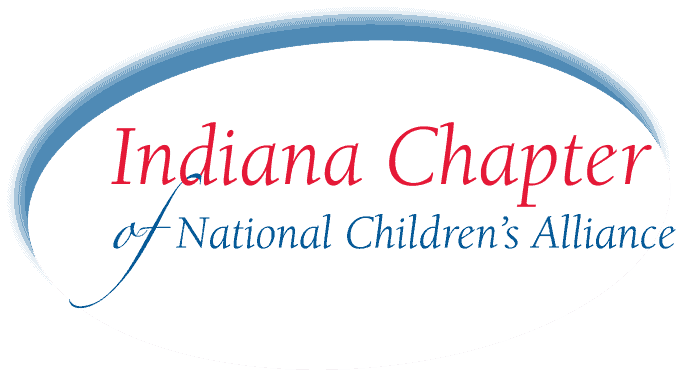Parents and caregivers who lose their temper and begin yelling — either at or around children — can have long-lasting harm. There will be times in a child’s life when people will yell at them. Often yelling is for their safety, such as preventing them from walking out into the street or getting their attention at a distance.
But verbal abuse doesn’t get the attention it deserves in the scope of child welfare compared to more insidious forms like physical abuse.
Calling a child names, swearing at them, insulting them, and indirect criticism however well-intended or seemingly warranted can form verbal paper cuts on malleable young minds.
Some common forms of verbal abuse from adults can include:
- Disparaging a child to a spouse or other adult.
- Rejection of threat of abandonment, such as “I wish you’d never been born.”
- Threatening bodily harm through physical aggression. Parents who yell are more likely to hit children. Even if you don’t act on those threats through physical action, it comes at a cost. A child’s trust erodes as threats continue.
- ”If you weren’t so clumsy” or “If you’d pay attention, your brother wouldn’t have been hurt” are forms of scapegoating. While those statements may or may not be accurate, passing blame on children too young to understand what they did or should have done does no good to the child.
- Hitting a child is never legal and never okay. Spanking as a discipline is legal in all 50 states, but long term effects of spanking as a method for changing behavior are academically inconclusive.
- Verbal abuse doesn’t stop at yelling at your kids. Yelling at your spouse or other adults can be equally harmful, especially to toddlers and kids still developing a psychological understanding of the world.
Children display many of the same signs of physical abuse when they are verbally abused. Negative self-image, self-esteem issues, destructive acts, antisocial behavior, and delayed development all come about.
We also know through long-term studies that people who abuse children were frequently themselves victims of abuse — either physically or verbally or both. Breaking the cycle can require parents and caregivers to make an extra effort.
It is hypercritical to assume parents can never feel frustrated or angry with their children. A parent who is yelling at kids can have any number of reasons to feel that way. But yelling at children because of a failure to understand other ways to discipline children, control emotions most of the time, or a belief that children need “tough love” to “toughen up” is wrong.
Parents themselves can benefit from a brief timeout. Deal with the present issue and talk to children in an age-appropriate way. Instead of “If you were more careful, your sister wouldn’t have been hurt,” consider talking about how actions have consequences. If a child pushes a child and they fall, it is their fault. They should recognize those consequences. But empathize with your child and learn why they felt the need to be physical.


1 thought on “When yelling at a child becomes verbal abuse”
Comments are closed.